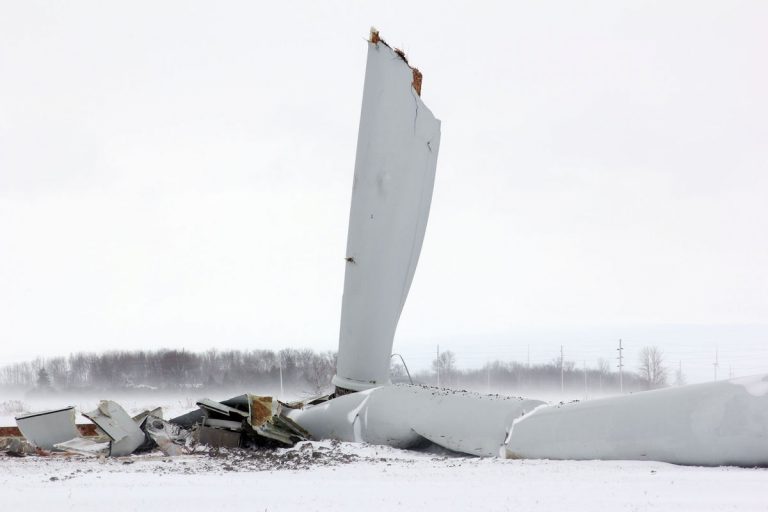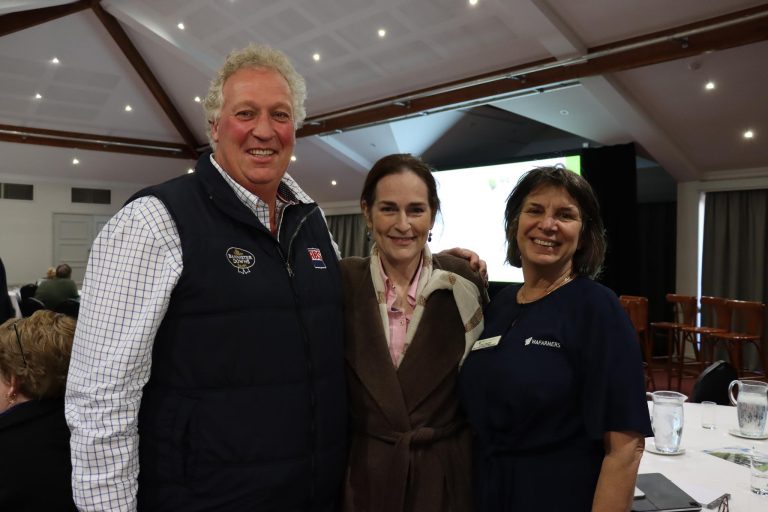
In this video address, Iron Ore magnate, Gina Rinehart takes up the cudgels with a direct attack on Australia’s suicidal energy policies, calling the net-zero CO2 emissions target for what it is: the greatest economic and social threat faced by the West.

Gina Rinehart has thrown her support behind a push at the LNP convention calling for the Coalition to abandon its net zero commitment.

Australia is heading toward a Venezuela-style economic collapse because of governments’ addiction to spending ahead of encouraging earning and enterprise, says the head of the famed Kidman cattle empire.

The 2025 WAFarmers Dairy Conference drew hundreds of industry professionals from across the State to hear from several industry stalwarts on a range of topics from milk export opportunities to robot dairying.

